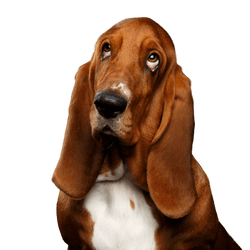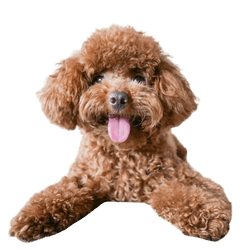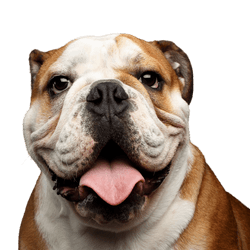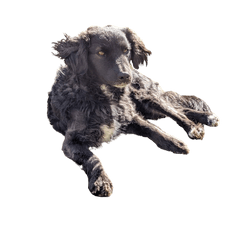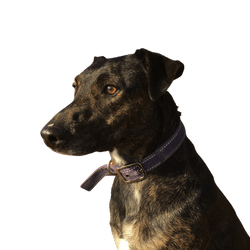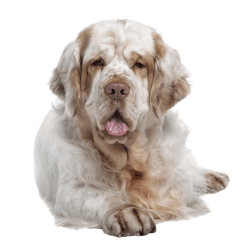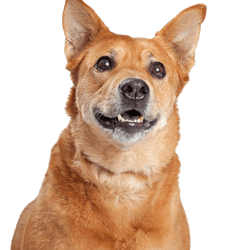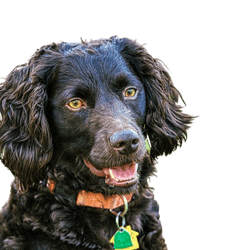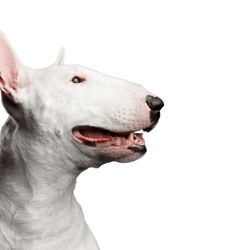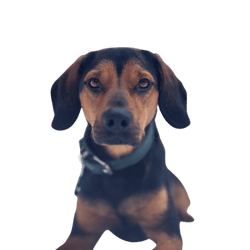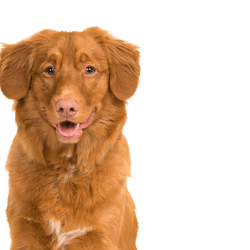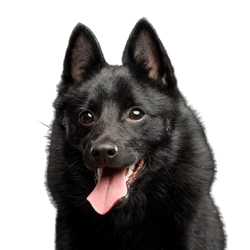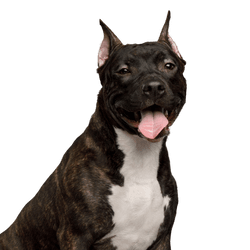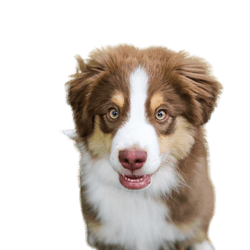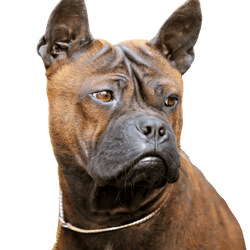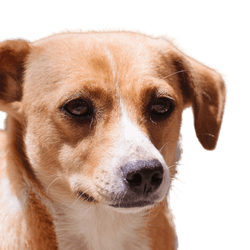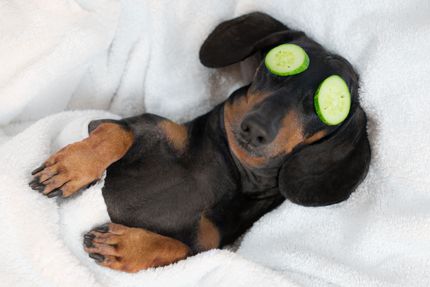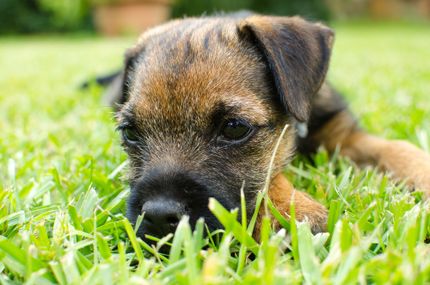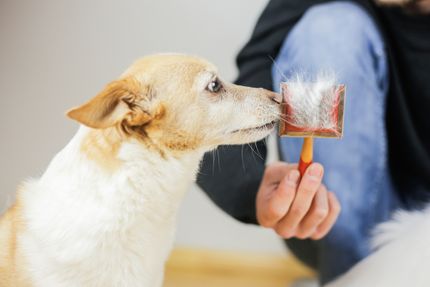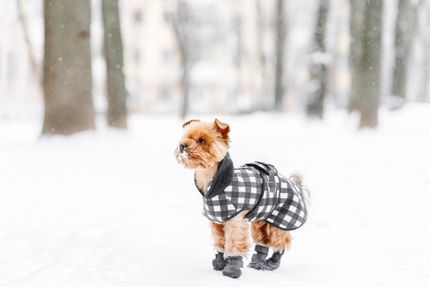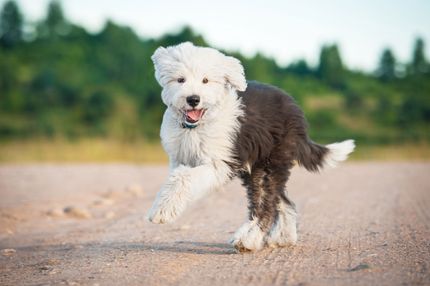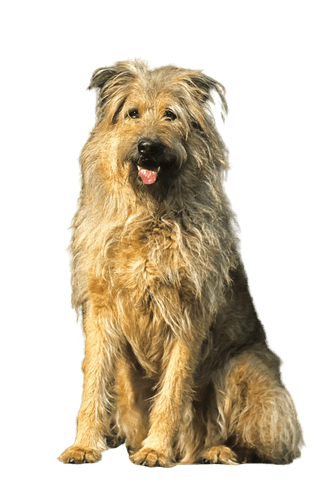
Sheep Poodle Breed description: Character & Co
Sheep Poodle
Facts & Origin
Origin and history of the Sheep Poodle
Sheep Poodles are already mentioned in ancient written sources. However, their description is not discussed in detail. It is a fact, however, that shaggy-haired working, herding and flock dogs were once common in large parts of Europe. A large part of their descendants are now bred according to breed standards. These include the following breeds:
- the Dutch Schapendoes
- the PON
- the Puli
- the Bergamascan sheepdog
- the Berger of the Pyrénées
- the Gos d'Atura Català
Presumably the name "sheep poodle" is less related to the poodle than to a descriptive name that refers to the dog's shaggy appearance.
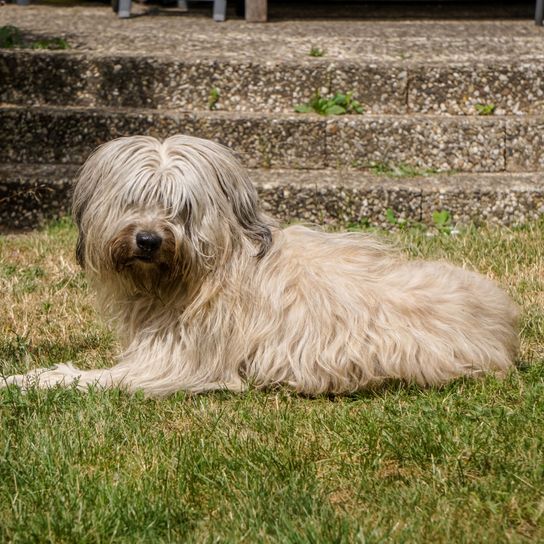
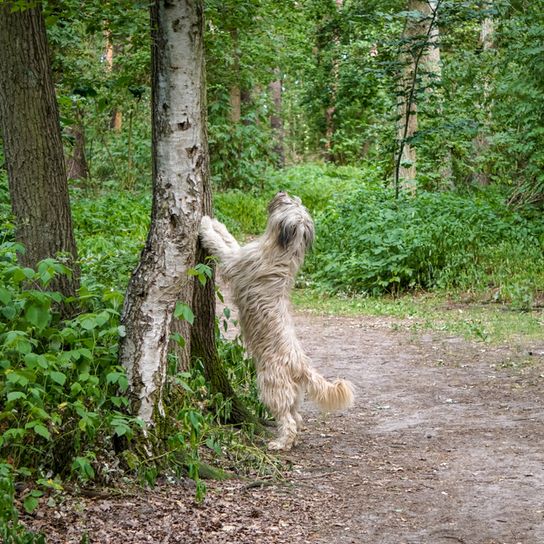
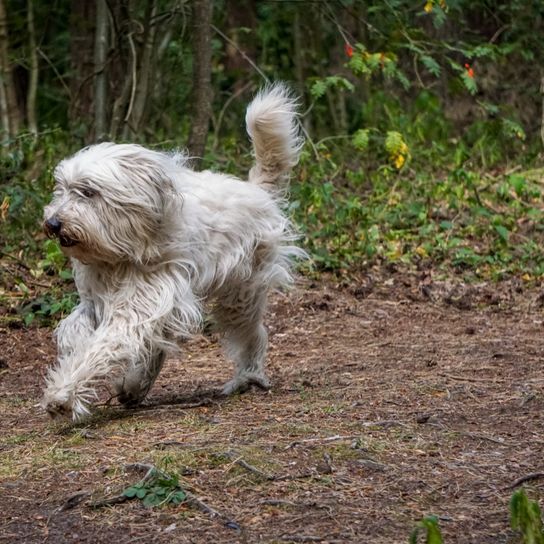
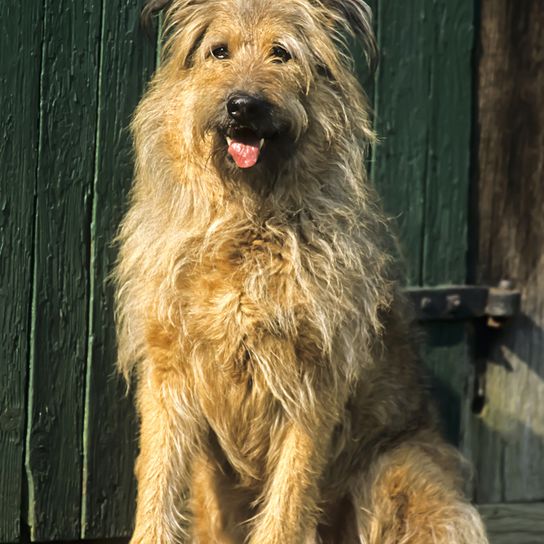
| Alternate Name | Herding Poodle |
| Origin | Germany |
| Life expectancy | 12 - 15 years |
| Care requirements | high-maintenance |
| Activity level | high |
| FCI group | not recognised |
| AKC group | not recognised |
| KC group | not recognised |
Attitude, character and temperament of the breed
Characteristics of the Schafpudel
The sheep poodle originally belongs to the group of herding dogs. They show themselves to be very temperamental and willing to work, but is not a nervous type of dog. The sheep poodle is considered intelligent and extremely capable of learning. They solve any task given to them in an energetic, but also playful way. It is considered a robust working dog, which has been selected for many generations to work with flock. Therefore it is characterised by persevering, robust and temperamental behaviour. It is also known for its assertiveness. Close contact with its family is really important for the Sheep Poodle, as it is a former herding dog with protective instincts. It is not advisable to keep this dog breed in a kennel.
Use of the Sheep Poodle
Originally the sheep poodle was used for herding, driving and protecting sheep. It is a working dog, which partly carried out tasks completely independently. Nowadays there are hardly any wandering shepherds left in Germany, so the Old German Sheepdog is threatened with extinction. Nowadays the sheep poodle is usually found as a family dog. It sees its family as its herd or flock, which it always wants to accompany and protect. It has a certain protective instinct, which makes it particularly good at defending not only its flock, but also its territory. It is suitable as a watchdog, because it reacts reserved towards strangers. Because of its temperamental and pithy nature, the sheep poodle is not considered a dog suitable for first-time owners. Sheep Poodle breeders normally make sure that the animals are given to sporty private households with a lot of space for them. Especially for active people the sheep poodle is an ideal companion. For bike or skate tours, long horse rides or ski and mountain hikes, its endurance, robustness and weatherproof coat is just perfectly suited, and the medium-sized four-legged friend can make use of its full potential. Their willingness to learn makes the sheep poodle also suitable for special sports like agility, flyball or frisby. The intelligent working dog masters more demanding training courses, such as therapy, rescue or ambulance dog, like no other.
Training of the sheep poodle
Because of its pithy nature, it is recommended to attend a dog school when training a sheep poodle. Sheep poodle puppies should get accustomed to other people and dogs from an early age, so they do not react aggressively in different everyday situations. It is important to know that a sheep poodle is a working dog that needs a lot of exercise and above all is always looking for a task to do. The demanding job of a real family dog is 100% up to the intelligent and willing to work sheep poodle. Early and consistent training is specifically important here. The family pet should learn as early as possible to be obedient and to subordinate itself. It must be able to deal reliably with children of all ages - which is a real challenge for dogs in general and should not be underestimated. They should deal with loud and hectic stays in the city in a calm way and visits to restaurants or shops should be easily manageable for them.
Character
Usage

Health and breeding information
Sheep Poodle Breeding
If a sheep poodle puppy is already prepared for these tasks responsibly and lovingly in its breeder's home, it can later endure and patiently master all these tasks. If, however, it is isolated from other animals in its first weeks of life and has to live in a kennel, its intelligence can fade and as an adult animal it can become stubborn, shy, antisocial and difficult to train. Whoever wants to buy a sheep poodle should therefore pay special attention to the origin of the animal. In a special Sheep Poodle Forum, important information on upbringing, keeping and care can be obtained and contacts of reliable sheep poodle breeders can be exchanged.


The right care of a sheep poodle
Sheep poodles have a very dense, firm and long, shaggy coat and an equally firm and protective undercoat, which tends to get matted. Therefore it is important to brush this type of dog regularly and to trim it accordingly. The otherwise very low-maintenance and robust sheep poodle can cope with any kind of weather condition. Specific diseases are not known for this dog breed. The tough life as a herding dog of sheep has made the sheep poodle into an undemanding, robust and healthwise very stable dog over generations. Visits to the veterinarian are usually only necessary for keeping up with necessary vaccinations.
Features of the sheep poodle at one glance
The sheep poodle belongs to the family of 'Altdeutsche Hütehunde' (Old German Herding Dogs). Its country of origin is Germany. It is not a dog breed recognised by the FCI- Fédération Cynologique Internationale. Sheep Poodles are medium-sized dogs. Sheep Poodle males grow to a height of about 50cm - 60cm and weigh up to 25kg. Female sheep poodles reach a withers height of 45cm to 55cm and weigh around 17kg. For the Sheep Poodle, as for other Old German Shepherd Dogs, no breeding standardisation and no specific breed characteristics have been established, resulting in a wide range of appearance and coat colour.
In general, all colour variations can occur.
Common colours are
- light wheat,
- white,
- grey,
- brown or
- black.
The tips of their ears are usually dark. The sheep poodle may also have a mask and be pied. Its nose and lips are usually well pigmented. The Sheep Poodle has wavy and long shaggy hair and a well developed undercoat, as it is common for herding dogs.
| Fur length | long |
| Fur | flat coated |
| Ear shape | Triangle |
| Tail | fanned out |
| Anatomy | massive, strong, sporty |
| Size ♀ | 45 - 60 cm |
| Weight ♀ | 17 - 25 kg |
| Size ♂ | 45 - 60 cm |
| Weight ♂ | 17 - 25 kg |
| Suitable For | - |
Colors
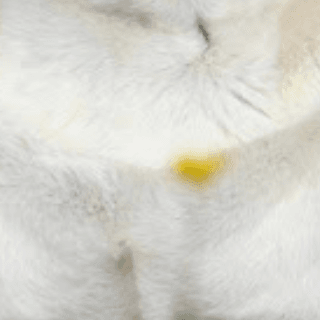
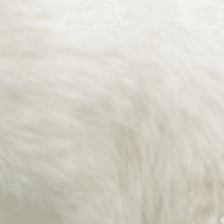
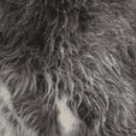


Other medium dogs
Useful Articles
You can find articles that might interest you in the dogbible blog to match your favorite breed.
Visit our magazineto stay up to date on dog trends.
To find out more, view our Privacy Policy
Find here the breed that suits you and find out what character traits it has. Here you can also learn more about the origin, size and weight of your favorite breeds.
Matching your favorite breed, you'll find articles that might interest you on the dogbible dog blog.
Why your dog should sleep in your bed! Tips and reasons
4 tips against stress on the leash - when master, mistress and dog walk relaxed
How much does a vet visit cost for a dog?
Travelling with a dog in a Camper - this is what you have to bear in mind!
